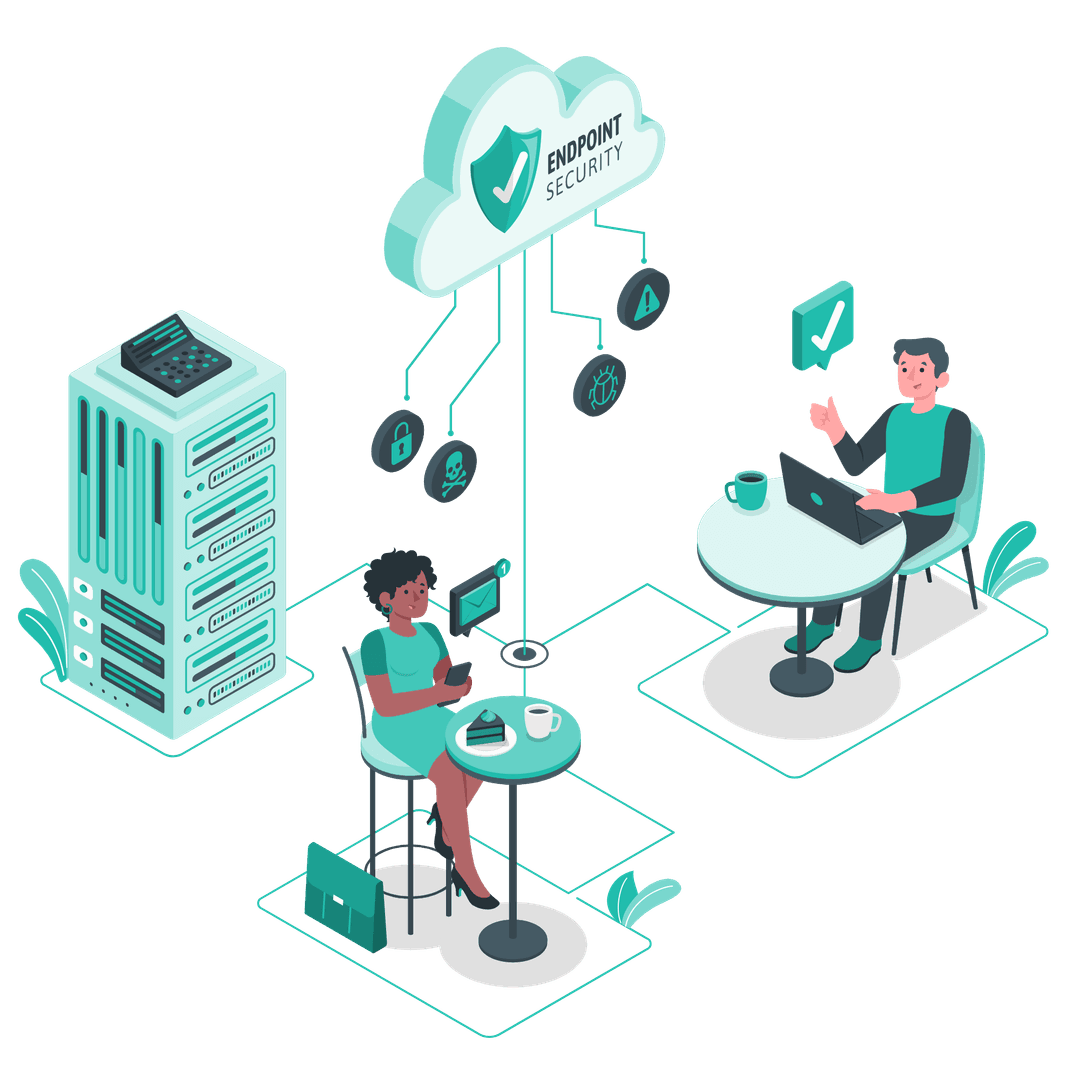
Business Management Software
Business software or business applications refer to any computer programs or a set of programs used by business users to perform various business tasks. These applications are used to increase productivity, measure performance, and accurately carry out business functions. Enterprise Resource Planning (ERP) systems are a category of business management software — typically a suite of integrated applications that an organization can use to collect, store, manage, and interpret data from various business activities.
We provide high-quality and cost-effective ERP implementation and support services. Our team quickly and efficiently deploys powerful ERP solutions that help you achieve your business goals and set your organization on the path to success.
Enterprise Resource Planning in Various Business SectorsThe following benefits from implementing an ERP system include:
- Improving financial visibility and performance through enhanced internal management and time efficiency.
- Connecting headquarters, branches, suppliers, and partners in one network to ensure data integrity.
- Improving resource utilization and production value.
- Faster time to market, output, customer relationships, and direct brand commitments.
- Increasing efficiency, service level, operational achievement, and reducing trends.
- Increasing quality, updating and implementing processes, and reducing errors.

Enterprise Resource Planning (ERP) Implementation Services
(ERP)
Network Services
Network services are the backbone of every Ebkar Co. solution. We implement local area networks (LANs), wide area networks (WANs), internet connectivity, and everything your solution requires.
E-Commerce Application Services
E-business services are the new and direct foundation for your customers to access your products and services. We provide applications suitable for your business, such as B2B (Business to Business) and B2C (Business to Customer) direct sales.
Web and Mobile Applications
We develop high-quality software at reasonable prices with fast delivery times. We deliver the best classic and web-based administrative programs, as well as smartphone applications, created and customized to meet your specific needs.
Consulting Services
We help you through all stages of your project from software estimation and planning to deployment and support. We work with you to ensure you make the best decisions at every step of your project. All according to international standards.
Content Management and E-Commerce
We design, implement, and host your websites to ensure your brand has a presence on the internet platform.
Consulting and Software Acquisition
If you're a startup and need help choosing the right solution to start your business, Ebkar Co is here to help. We have partners from various business sectors, such as financial and banking services, retail, manufacturing, and education. Here we can help you acquire licensed software from leading suppliers.
Project Management
At Ebkar Co, we are productive and innovative, ensuring your project is delivered on schedule with superior quality. We use standard tools such as MS-Project and PRIMAVERA to ensure implementation according to timeline, cost, and quality.
Support and Maintenance
By purchasing any Ebkar Co program or solution, you already have premium support and maintenance for your solution, from consultation and user training to on-site and emergency services. Maintenance contracts are divided into two categories: support and maintenance contracts including technical support and customized development maintenance.
We Use Industry Best Practices
The applications we implement are tried and tested by thousands of organizations worldwide. We use best practices to implement our applications, typically using AGILE, RAD, and other methodologies to deliver projects on time, within budget, and with quality.
